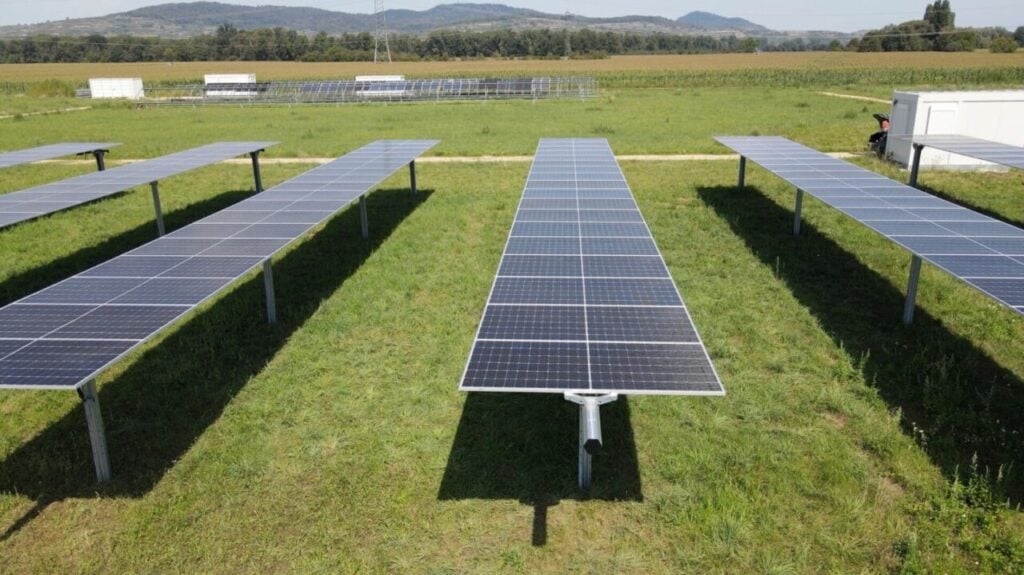
German research organisation Fraunhofer Institution for Solar Energy Systems (Fraunhofer ISE) has launched a project to improve tracking algorithms, using a digital twin that adopts deep learning to calculate optimised control approaches.
The project, called DeepTrack, was conducted in collaboration with the engineering firm Zimmermann PV-Tracker, part of the Zimmermann PV-Steel Group. In the project, Zimmermann PV-Tracker installed one of its solar tracking systems on Fraunhofer ISE’s outdoor test field to obtain measurements under real conditions.
Try Premium for just $1
- Full premium access for the first month at only $1
- Converts to an annual rate after 30 days unless cancelled
- Cancel anytime during the trial period
Premium Benefits
- Expert industry analysis and interviews
- Digital access to PV Tech Power journal
- Exclusive event discounts
Or get the full Premium subscription right away
Or continue reading this article for free
After that, the digital twin learned from data from installed solar tracking systems, using deep learning to calculate optimised control approaches. Based on the results, Zimmermann PV-Tracker and Fraunhofer ISE developed a digital twin that contained solar PV monitoring and modelling tools with weather forecasts thanks to deep learning.
Therefore, the optimal tracking positions of the solar PV modules were mapped for different situations.
“As a first step, we developed control sequences that were geared towards the optimal electricity yield of bifacial solar modules or the best conditions for the plants underneath the agrivoltaics (agriPV) system,” said Matthew Berwind, team leader at Fraunhofer ISE.
Berwind added that the next step was to combine the two approaches so that both aspects could be maximised as much as possible.
“Calculating this sweet spot is challenging but possible with our AI-based approach,” Berwind added.
Fraunhofer ISE cited the German Engineering Federation (VDMA) that 60% of solar PV power plants worldwide will operate with a tracker system in the future. It added that after the adoption of Solar Package I into the German Renewable Energy Sources Act (EEG), strong growth in agriPV systems with trackers can be also expected in Germany.
Hannes Elsen, product manager at Zimmermann PV, said: “For agriPV systems in particular, with its wide variety of crops and systems, we see great potential for tracking PV systems with optimised tracking algorithms.”
The DeepTrack research project will continue to run until early 2025.






